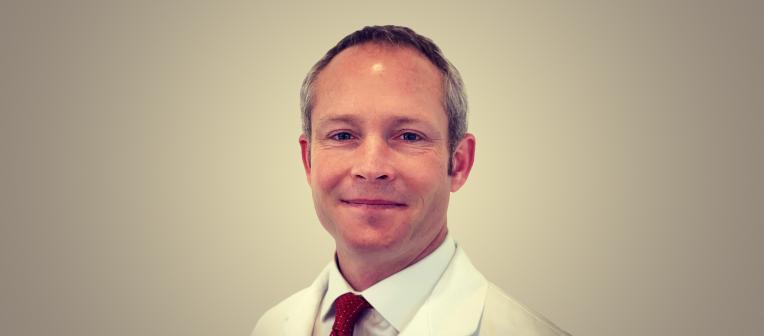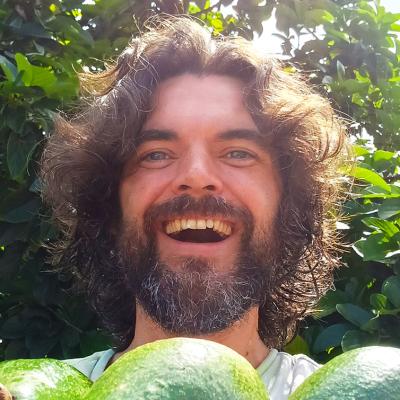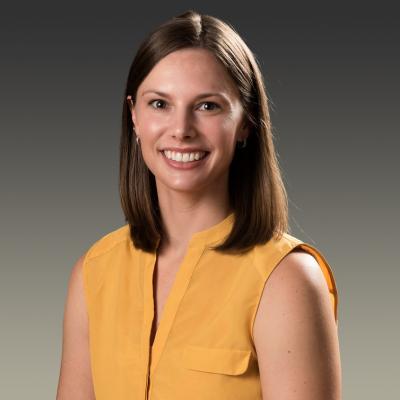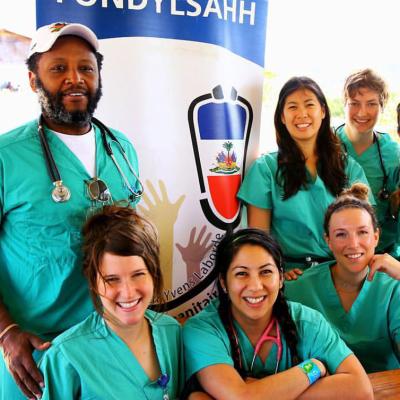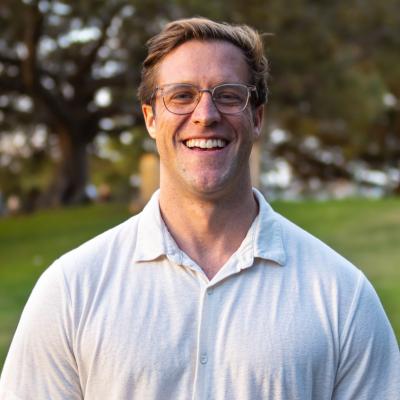As the UQ-Ochsner MD program is about to celebrate the graduation of its 1,000th doctor, we’re taking a look back at some of the pioneering graduates who helped shape the program’s legacy.
In this series, we connect with members of the inaugural class cohorts to hear about their journeys—both during and after their time in the program. From their motivations for choosing UQ-Ochsner, to where their careers have taken them today, these stories offer insights and inspiration for current and future doctors.
In this Q&A, we speak with Dr Ross Hoffman of the Class of 2012 who shares his experiences on how the program has shaped is life and medical practice.
Please tell us a bit about yourself...
I was born and raised in Norfolk, Virginia. I got a BA in International Relations at The University of Virginia, with no thought that I would ever become a physician. I worked for a brokerage firm in New York for a couple years before I left to travel for a while.
Part of that time was a working holiday in Australia, and I really liked it.
Why did you decide to pursue your medical career at UQ-Ochsner?
After a couple years of traveling, I decided I wanted to help people, at the highest level, and medicine seemed like the tallest mountain to climb. I wasn’t excited about the idea of going to medical school in my home state, so I looked for other options.
My pre-medical faculty advisor alerted me to a brand-new program between UQ and Ochsner, and the more I read, the more excited I got. I think I signed up three weeks after I first learned of it. Looking back, it’s incredible how I just flew with the risk.
My impression was that two years in Brisbane and two years in New Orleans would be a great experience. That’s about as much as I thought it through and... no regrets!
Where do you practice medicine now and in what speciality?
I am a pulmonologist-intensivist in Asheville, North Carolina.
What were some of the highlights about the UQ-Ochsner MD program?
I’m a big proponent of the program. A student gets to see medicine practiced in two very different healthcare settings – the public system of Queensland and the privatized system in New Orleans, which is representative of much of America. I think that the clinical-focused curriculum during the first two years makes better doctors than the textbook-based curricula of many American medical schools.
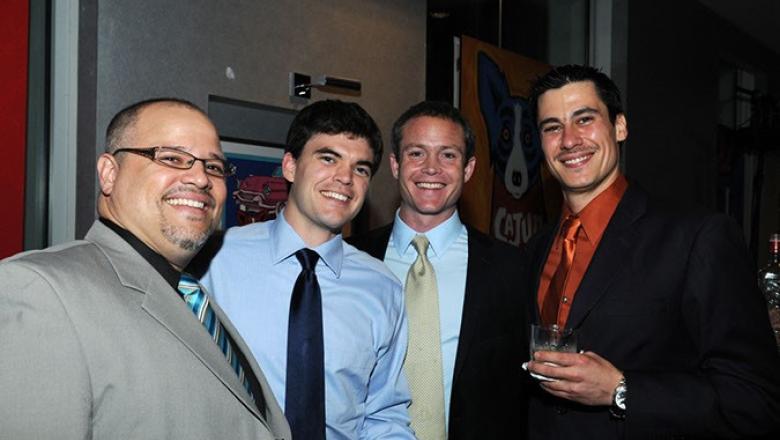
The first UQ-Ochsner Graduation in New Orleans in November 2012 with (L-R): Jose Feliberti (Class of 2013), Steven Shusinsky, Ross Hoffman (both Class of 2012), and Drey Pavlov (Class of 2013). Image courtesy of Ross Hoffman.
And then, Ochsner was a wonderful place to do clinicals. I got exposure to a broad variety of primary care and many specialties and subspecialties, and to a diverse patient mix. The initial class of 2012 was also privileged to have tremendous support from the faculty.
They believed that student feedback was key to building a strong program, and they gave us a place at the table and asked us frequently about our experience and our needs.
Where did you match and why did you choose your speciality?
I matched in internal medicine at Ochsner. I did my fellowship in pulmonary and critical care medicine in the LSU/Ochsner program in New Orleans. I wanted to become an intensivist because I wanted a clinical practice that would be meaningful, challenging, intense, and entail a great breadth of the human experience in medicine.
How do you think the UQ-Ochsner program shaped the doctor you are today?
The program made me a different type of doctor than what I would’ve become had I attended medical school somewhere else. These days, if you asked me to recite things I memorized for the USMLE exams, I'm sure I would impress you with how little I could recall. But the program's clinically focused curriculum put the patient experience in focus.
I had close contact with doctors across a wide range of specialties who shared the best and worst aspects of their practice, what they loved about their work, and what they would change if they could. It helped me understand, more than ever, that medicine is an ever-evolving profession; and this means its practitioners are also always evolving.
I’m certain this made me a better humanitarian.

